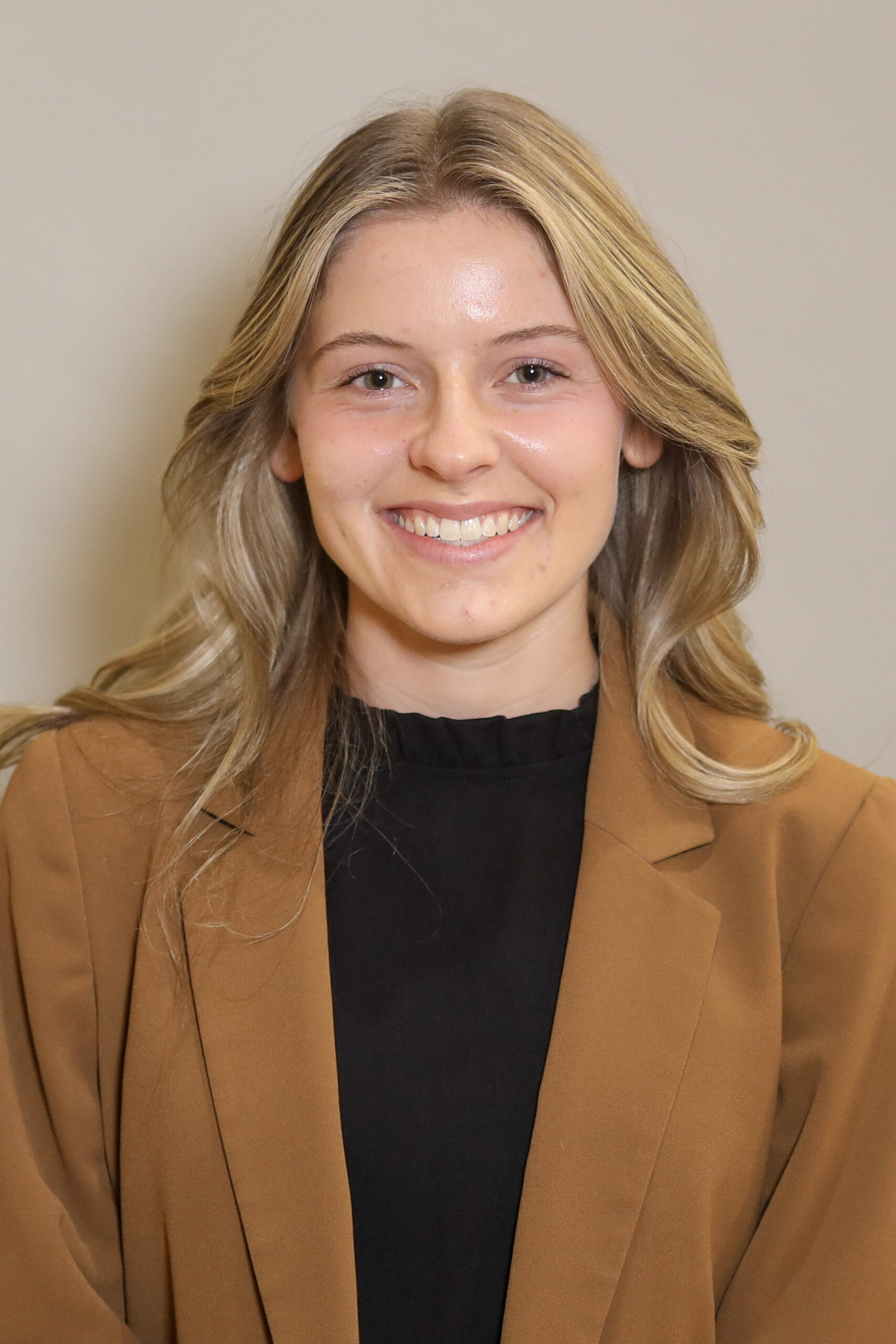Creative & innovative
Alumni Stories
Emily Pool
History
Alice Lloyd College

My parents are incredibly hard-working people who have put their college degrees to use but as I was looking for colleges to attend, the cost of education played a massive part in what schools I could consider. While my parents have good jobs, their salaries pale in comparison to the cost of tuition at most schools, not even looking at room and board, but because they do both work, we did not qualify for any federal financial aid. When we heard of Alice Lloyd, I knew that this school would be my way to earn my degree without having to put my parents, who had worked their whole lives to be financially stable, in terrible debt.
The work program here allows me to not only gain valuable experience in professional work settings, but it also works with my class schedule as few off-campus jobs would. The assurance of a tuition guarantee through the work program takes an immense burden off of mine and my parents' shoulders. So many from the Appalachian region are in similar situations to mine, and work colleges are our way to be able to afford higher education.
UNIFIED BY PURPOSE
OUR WORK COLLEGE MEMBERS
There are currently ten federally recognized Work Colleges, and nine are members of the Work Colleges Consortium. These institutions are small, private, liberal arts colleges with modest enrollments that range from about 150 to approximately 1,600 students. Each school is unique and operates the work program in a slightly different fashion. However, “work-learning-service” is a central component of each Work College. Student work, coupled with robust academics and a spirit of service, is the common denominator shared by all the Work Colleges.
Pippa Pass, Kentucky
Berea, Kentucky
Carlinville, Illinois
Point Lookout, Missouri
Grand Rapids, Michigan
Dallas, Texas
Craftsbury Common, Vermont
Asheville, North Carolina








